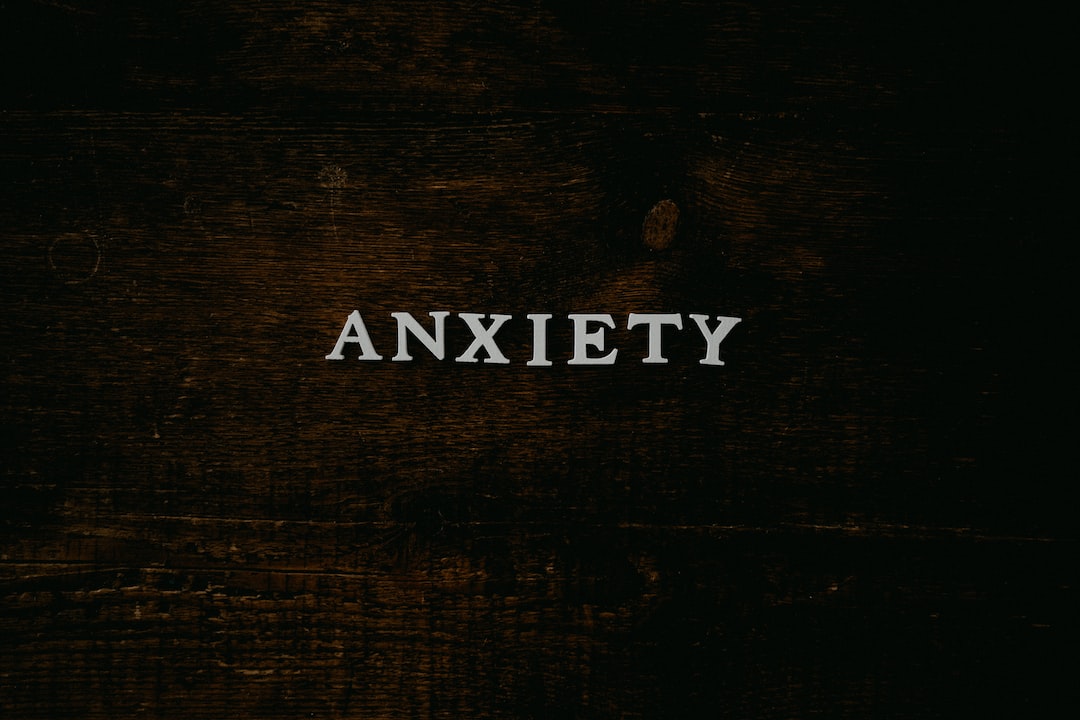The Impact of Technology and Social Media on Mental Health
In this digital age, technology has revolutionized the way we live, work, and connect with others. With the rise in smartphones, social media platforms, and other digital devices, our lives have become more interconnected than ever. While technology has undoubtedly brought countless benefits, it is important to recognize its impact on mental health.
One of the most significant effects of technology on mental health is its potential to exacerbate feelings of isolation and loneliness. Studies have shown that excessive use of social media can lead to feelings of inadequacy, envy, and isolation. Constant exposure to meticulously curated highlight reels of others’ lives can create a distorted perception of reality, leaving individuals feeling as though they don’t measure up to the seemingly perfect lives of their peers. Moreover, spending excessive time on social media can distract individuals from building meaningful connections in the real world, leading to social isolation and decreased mental well-being.
Another notable impact of technology on mental health is the prevalence of cyberbullying. With the anonymity provided by the internet, individuals can easily engage in harmful behavior online, leading to the emergence of cyberbullies. Cyberbullying has been associated with an increased risk of depression, anxiety, and even suicidal thoughts. The constant online presence and inability to escape from bullying can have detrimental effects on an individual’s mental health, making it crucial to address this growing concern.
Furthermore, technology and social media have contributed to the addictive nature of devices and the development of problematic internet use. The constant need for validation through likes, shares, and comments can lead to compulsive behaviors and a constant craving for virtual affirmation. This addiction can cause significant distress and negatively impact mental health.
While technology may have negative consequences, it also offers various solutions for promoting mental health. Online counseling and mental health apps provide easily accessible support for individuals who may otherwise not seek treatment due to various barriers. Furthermore, online communities and support groups can offer a sense of belonging and understanding to those struggling with mental health issues.
However, it is crucial to strike a balance between technology usage and real-world interactions. Setting boundaries and establishing a healthy relationship with technology is essential to maintaining good mental health. Taking regular breaks from social media and engaging in activities that promote face-to-face interactions can help combat feelings of isolation and restore a sense of well-being.
In conclusion, technology and social media have had a profound impact on mental health. While it has undoubtedly brought many benefits, such as increased access to mental health support, it is important to acknowledge the potential negative effects. Understanding the impact of excessive technology use on mental health is the first step in implementing strategies to maintain a healthy relationship with technology and foster overall well-being.
************
Want to get more details?
Thinkwell
https://www.thinkwell.health/
279-786-7534
2937 Gold Meadow Way, Gold River, CA ,95670
Hello! My name is Kateri Ross and I am a Licensed Marriage and Family Therapist (LMFT) based in the Sacramento area of California. I work with adolescents and adults specializing in anxiety, depression, trauma, stress, anger, relationship issues, life transitions, and physical health issues. I utilize an array of therapeutic modalities based on what is the best fit for my clients’ needs and goals.
I primarily implement Cognitive Behavioral Therapy, as well as Dialectical Behavioral Therapy, Solution-Focused Brief Therapy, Strength Based Therapy, and Motivational Interviewing to help my clients navigate through challenges, explore and process difficult emotions, build resilience, and foster growth.
My approach to therapy is “person-centered” and is tailored to match the individual needs and goals of each client, ensuring therapy feels personalized and relevant to you.

